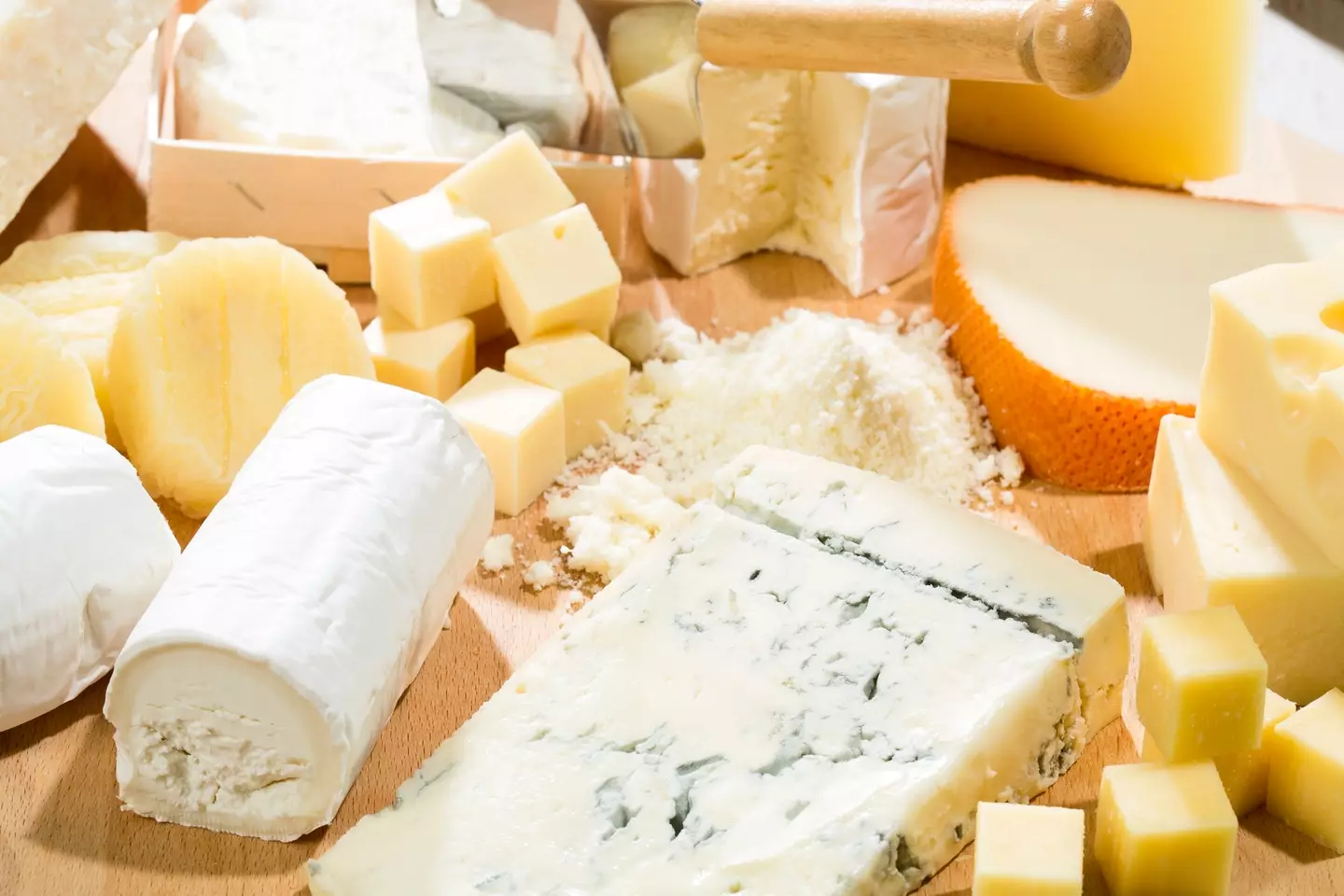
We've all heard the old wives' tale that eating cheese before bed can cause nightmares. While there are plenty of people who chow down on a chunk of cheddar in the twilight hours without incident, it turns out there might actually be some truth in the claim that what we eat can cause spooky dreams.
Indeed, scientists have found links between diet and sleep problems, particularly for those with allergies and intolerances. With lactose intolerance being a particularly common dietary issue, cheese before bed could, in fact, impact sleep.
Researchers looking into links between diet and sleep problems questioned more than 1,000 students about the quality of their sleep, their eating habits, and whether they think there's a link between the two. Although there are plenty of long-held folk beliefs about how food affects sleep, there hasn't been a whole lot of evidence to prove or disprove them.

Advert
To investigate the theory, researchers surveyed 1,082 students at Canada's MacEwan University in Edmonton, Alberta. They asked about sleep time and quality, dreams and nightmares, and any perceived association between different kinds of dreams and different foods. They also asked about participants’ mental and physical health and their relationship with food.

“Nightmare severity is robustly associated with lactose intolerance and other food allergies,” said Dr Tore Nielsen of Université de Montréal, lead author of the article in Frontiers in Psychology. “These new findings imply that changing eating habits for people with some food sensitivities could alleviate nightmares. They could also explain why people so often blame dairy for bad dreams!”
In the study, about a third of people reported regular nightmares, and about 40% of participants said that they thought eating late at night or specific foods affected their sleep with roughly 25% thinking particular foods could make their sleep worse. Most of those who blamed their bad sleep on food accused sweets, spicy food or dairy of being the culprits.

When the authors compared reports of food intolerances to reports of bad dreams and poor sleep, they found that lactose intolerance was associated with gastrointestinal symptoms, nightmares, and low sleep quality. Now, this isn't to do with any particular nightmare-inducing quality of cheese itself, but more to do with the gastrointestinal disturbance dairy can cause, which then affects people's quality of sleep and dreams.
“Nightmares are worse for lactose intolerant people who suffer severe gastrointestinal symptoms and whose sleep is disrupted,” said Nielsen. “This makes sense, because we know that other bodily sensations can affect dreaming. Nightmares can be very disruptive, especially if they occur often, because they tend to awaken people from sleep in a dysphoric state. They might also produce sleep avoidance behaviours. Both symptoms can rob you of restful sleep.”
So, there you have it. Maybe that midnight cheeseboard is best left alone if you want a good night's kip - especially if you struggle with dairy.
